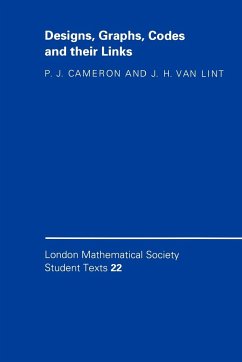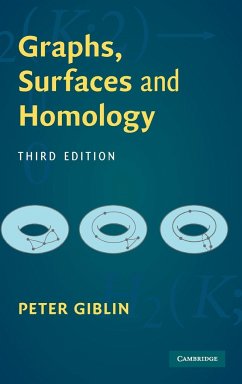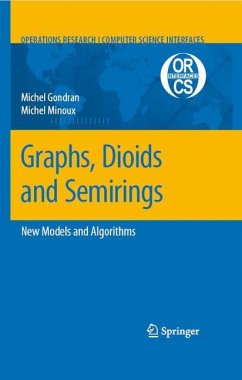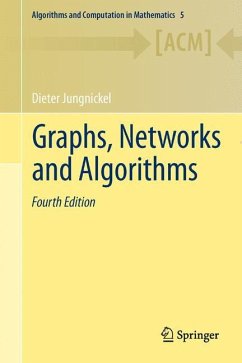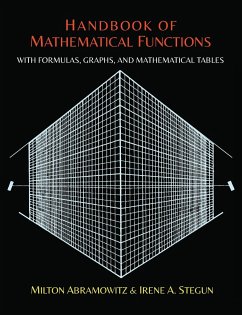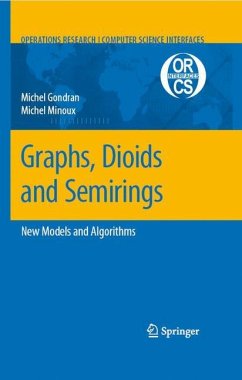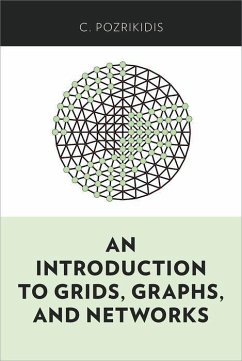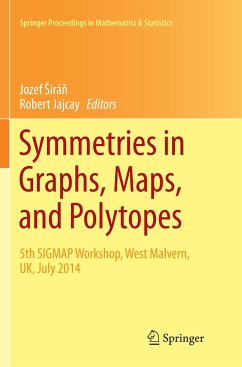
Random Graphs, Geometry and Asymptotic Structure
Versandkostenfrei!
Versandfertig in 1-2 Wochen
77,99 €
inkl. MwSt.
Weitere Ausgaben:

PAYBACK Punkte
39 °P sammeln!
The theory of random graphs is a vital part of the education of any researcher entering the fascinating world of combinatorics. However, due to their diverse nature, the geometric and structural aspects of the theory often remain an obscure part of the formative study of young combinatorialists and probabilists. Moreover, the theory itself, even in its most basic forms, is often considered too advanced to be part of undergraduate curricula, and those who are interested usually learn it mostly through self-study, covering a lot of its fundamentals but little of the more recent developments. Thi...
The theory of random graphs is a vital part of the education of any researcher entering the fascinating world of combinatorics. However, due to their diverse nature, the geometric and structural aspects of the theory often remain an obscure part of the formative study of young combinatorialists and probabilists. Moreover, the theory itself, even in its most basic forms, is often considered too advanced to be part of undergraduate curricula, and those who are interested usually learn it mostly through self-study, covering a lot of its fundamentals but little of the more recent developments. This book provides a self-contained and concise introduction to recent developments and techniques for classical problems in the theory of random graphs. Moreover, it covers geometric and topological aspects of the theory and introduces the reader to the diversity and depth of the methods that have been devised in this context.





